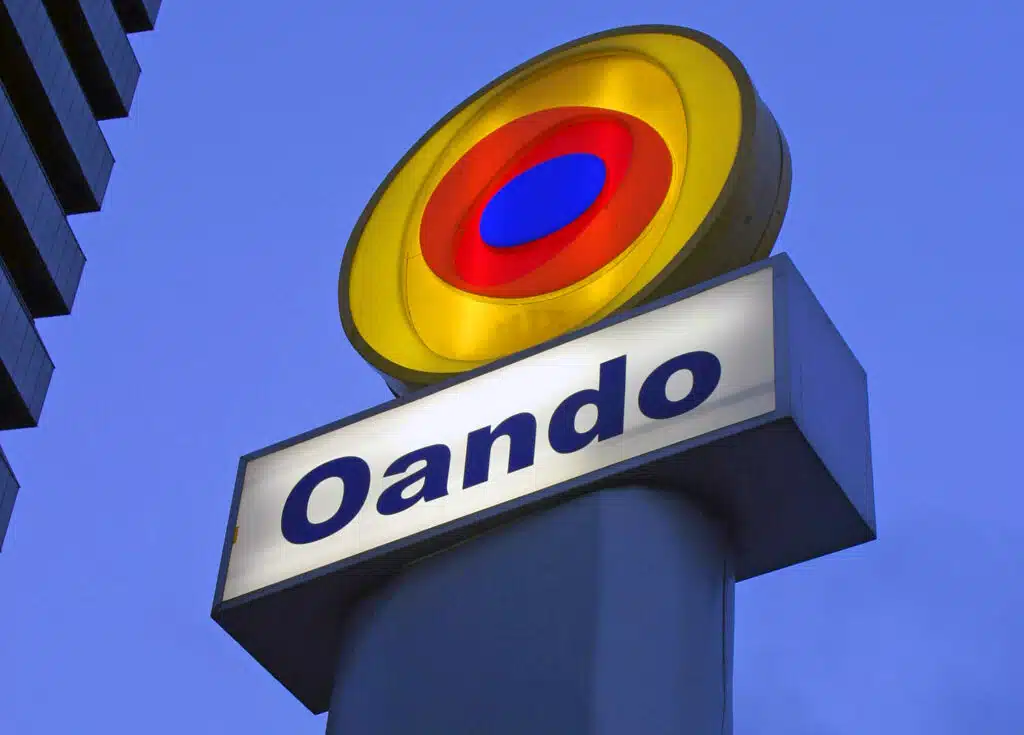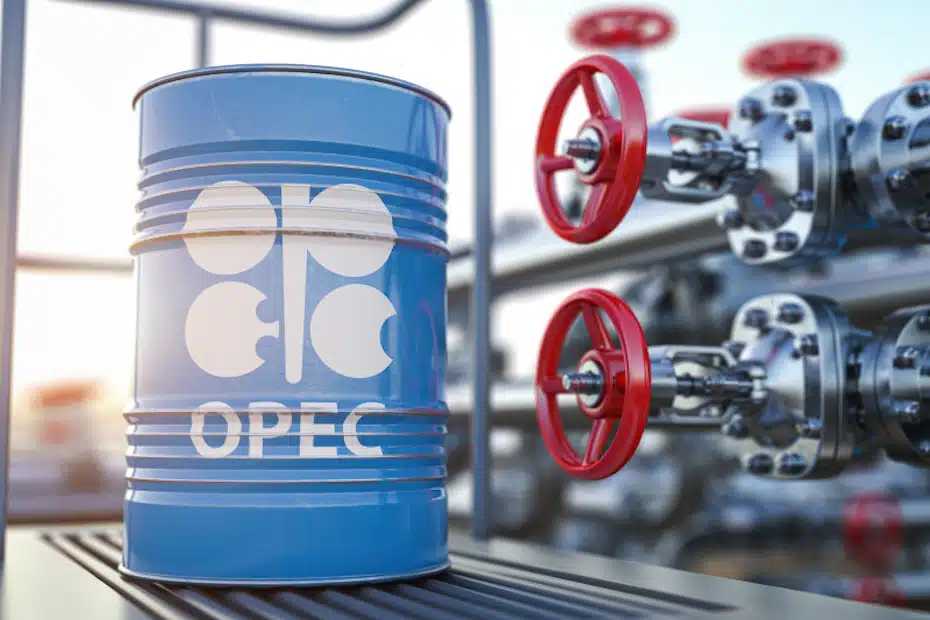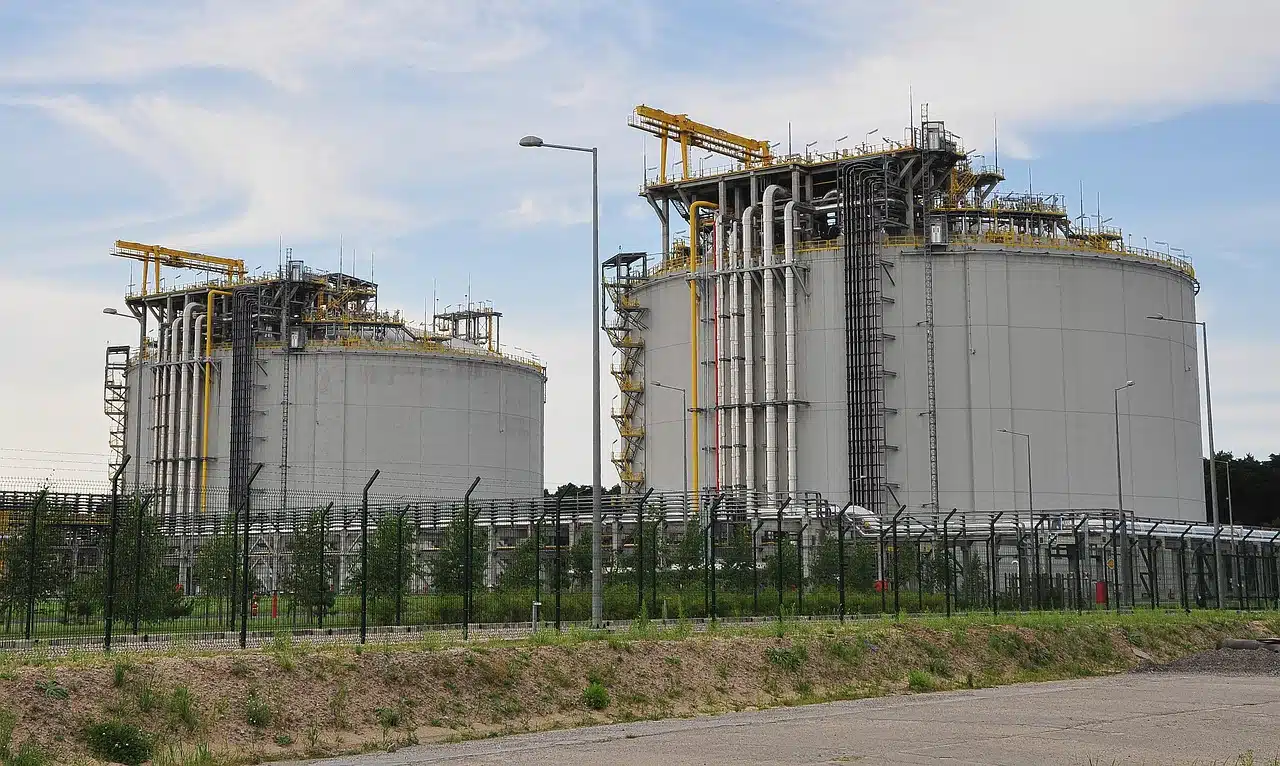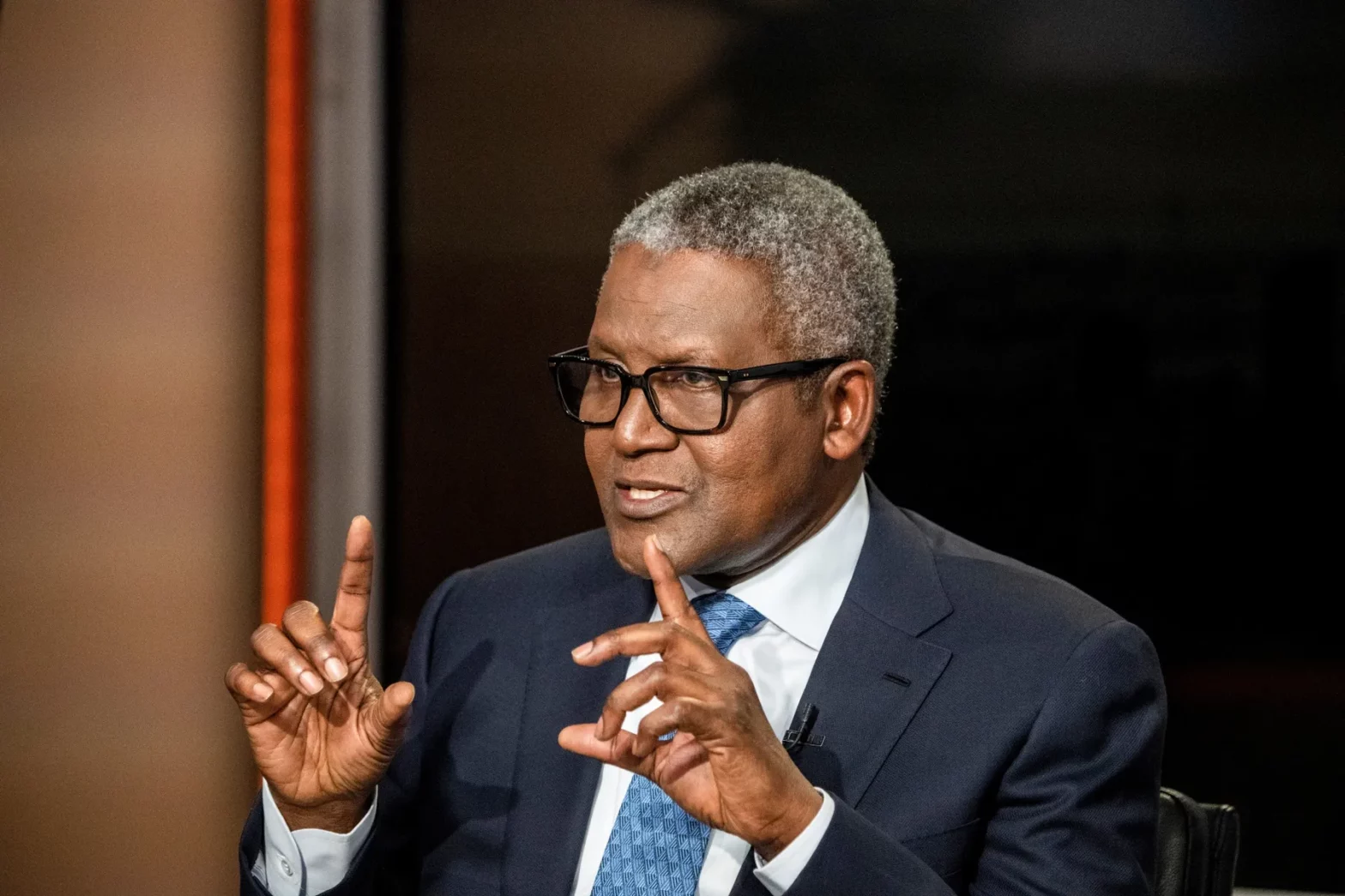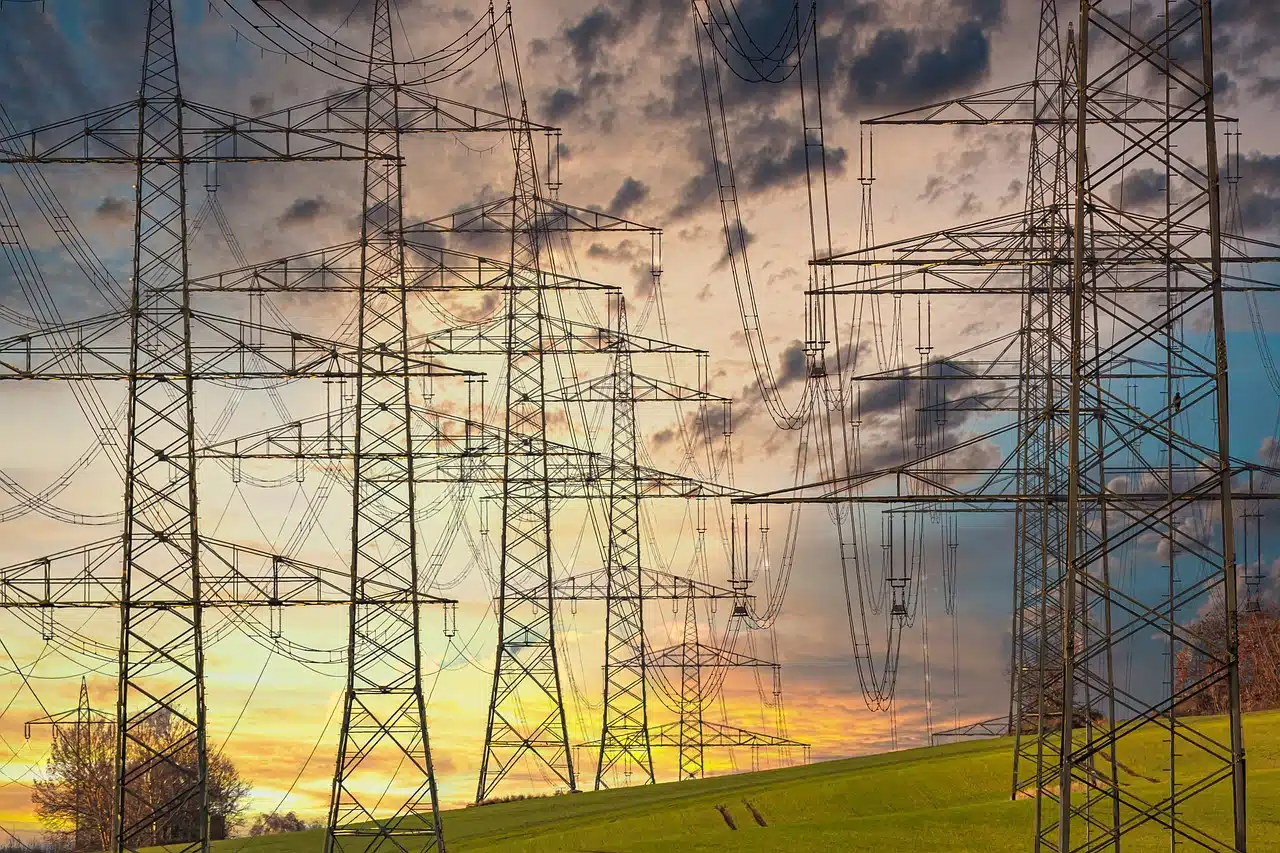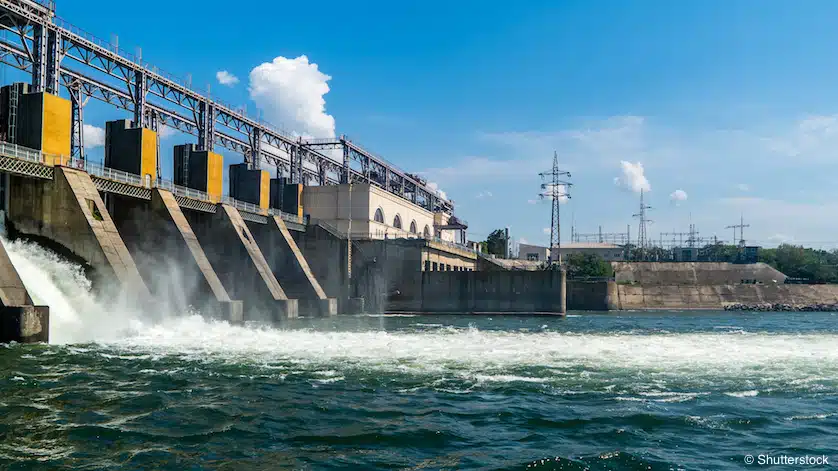Nigeria indigenous oil company, Oando Plc, has announced its plans to install 5,000 electric buses for the state’s public transit system and also use artificial intelligence (AI) in its upcoming oil drilling operation to increase operational efficiency.
Wale Tinubu, Group Chief Executive Officer, disclosed this in an interview with CNBC Africa during the World Economic Forum in Davos, Switzerland on Monday.
Speaking on the sidelines of the event, Tinubu described AI as a game-changer that will help lower operational costs. He added that it is a tool they plan to utilize in the upcoming drilling campaign.
“It (AI) is a big game-changer. For example, in our drilling operations, we have to make serious decisions that have a high impact on cost. And being able to throw in all the potential answers to our questions based on old experiences, by having a whole sequence of possibilities that can be taken through artificial intelligence. So, it is something we are looking forward to deploying in our next drilling campaign,” he said.
Installation of 5,000 electric buses in Lagos
Speaking further, the CEO of the oil firm stated that the oil company is working with the state government of Lagos to install 5,000 electric buses for the state’s public transit system.
Tinubu said that in order to generate the electricity required to run the buses, gas will be utilized as a transitional fuel, hence lowering Nigeria’s carbon emissions.
“We are using gas as a transitional fuel to create electricity to generate the power to power buses. Transport is 10% of global emissions, so if we tackle public transport, we would be able to reduce emissions by 5% almost immediately.
“The first step we’re doing now is also working on a public system of being able to transit the bus system in Nigeria from diesel or petrol to electric vehicles, starting with a project that we’re working on with the Lagos state government as a pilot case where we expect to see up to 5,000 buses, e-buses, being deployed in our streets,” Tinubu said.
According to him, this action was a part of the company’s larger commitment to implementing cleaner energy solutions in keeping with its “just” energy transition push and a “carbon capture technique” intended to support international decarbonization initiatives.
He further explained that Oando is concentrating heavily on e-vehicles because they are removing every bit of carbon that they contribute to the economy, the environment, and the world by making sure carbon capture methods and that our clean energy offering as part of our products and services is high.
Tinubu mentioned that efforts to achieve global decarbonization must be balanced with the unique challenges faced by Africa, which is home to 45% of the world’s population without access to electricity or energy products.
“The arguments for decarbonization are as important as the arguments for a just transition, and that transition has to recognize the fact that Africa has 45% of the people who have no access to electricity or energy products.
“Our first step really must be to use what we need, which means that we need to use our gas as part of the energy mix to service the needs of our continent and that we need to do so as a transitional fuel while we work with an energy mix,” Tinubu said.

